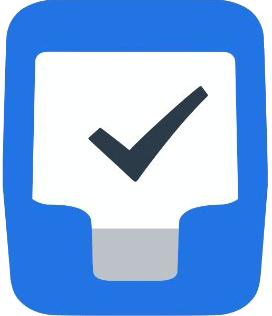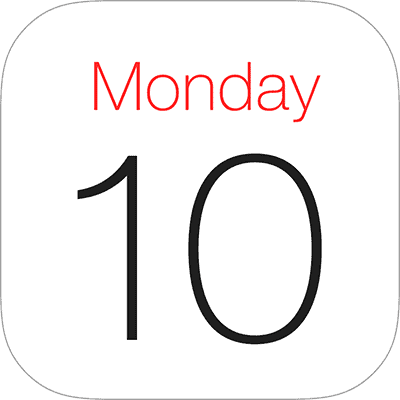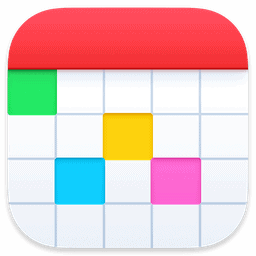Last Updated: December 13, 2020

Time Management:
The Ultimate Productivity Skill
Everybody has exactly the same amount of time available to them every day. There are no hacks or tricks that can add more time to the day.
And yet some people seem to get so much more done than others.
Why is this?
Time management is a huge factor.
People with strong time management skills are able to get the right things done at the right time. They know what they need to focus on and how to arrange their days so that they can work most effectively.
As Laura Vanderkam says in her book 168 Hours: You Have More Time Than You Think:

People who get the most out of life spend as much of their time as possible on these core competency activities, and as little as possible on other things.
Effective time management helps you spend more time on the things you’re good at and less time on less important activities.
In this guide, we’re going to break down the what, why, and how of time management. We’ll discuss different strategies for managing your days more effectively and time management apps that will enable you to work more effectively.
Ready?
Let’s get started.
What Is Time Management?
Before we talk about time management skills and tips, let’s make sure that we’re all on the same page regarding what time management is.
Simply put, time management is the process of performing activities within specific time restraints.
The common misconception is that time management is about managing time. It’s not. It’s about managing activity. Time itself can’t be managed. We have no control over time. It progresses whether we like it or not. What we do have control over is the activities we perform within the constraints of time.
For example, say that you have a project that is due in one week. If you want to meet that deadline, you need to arrange your schedule so that you have sufficient time to work on the project. The deadline will come regardless of what you do. You are in control of the actions you take leading up to the deadline.
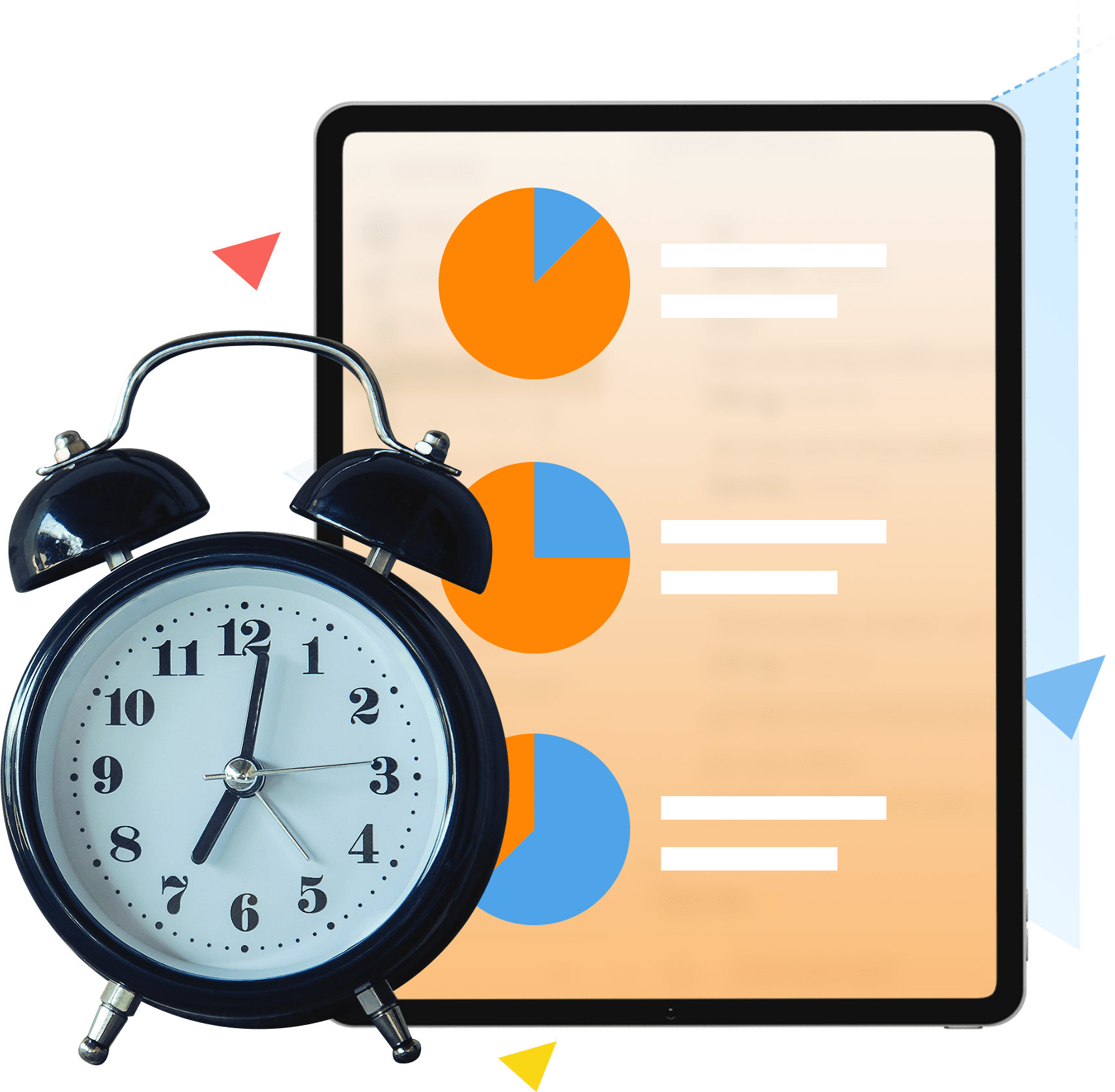
There are several components to time management:
Most people focus on organization when trying to improve time management, but all three are essential. If you only focus on organization, you’ll still struggle with accurately estimating how long tasks will take and adapting when needed. To be good at time management, you need to blend awareness, organization, and flexibility together.
Time Management Skills and Tips
Now that we’re on the same page regarding the exact nature of time management, let’s talk about the skills you need to manage time more effectively.
Goal Setting
Effective time management starts with clear goal setting. You need to know what you want to achieve at a high level and what you need to do to achieve those goals.
When setting goals, it can be helpful to think in terms of time horizons. Start by asking yourself, What do I want to achieve in the next year? Then think about the next six months, three months, and one month. What do you want to achieve in those time frames?
Don’t just think in terms of your career. Also think about your health, relationships, finances, and happiness. Ultimately, effective time management benefits every area of your life, not just work.

Once you’ve determined what goals you want to achieve, you need to map out the steps you need to take to get where you want to be. Be as concrete and action-oriented as possible.
For example, say you have a goal of designing a new website in the next three months. What are the exact steps you need to take to do that? Do you need to hire a designer? Decide what pages will be on the site and what will be on those pages? You won’t be able to manage your time well if you don’t know what actions you need to take.
Write down both your goals and the steps you need to take to achieve them. Review them regularly so that you are able to keep them at the forefront of your mind and take action on them.
Prioritization
You can’t get everything done. Like everyone else, you are limited by time, energy, and attention. These are limited resources that are depleted throughout the day. You’re not a productivity machine. Because of this, you need to be able to prioritize the things that are most important. You need to be able to separate the signal from the noise and do the things that will move the needle most.
If you can’t prioritize, you’ll end up spending your time on relatively unimportant tasks that don’t get you any closer to your important goals.
So how can you know which tasks to prioritize? When you’re looking at your task list, how do you decide what to work on first? You may find the Q2 Matrix helpful.

All your tasks fall into one of these four quadrants. If something is both important and urgent, then it needs to be a high priority. If a task is important but not urgent, it still needs to be a priority but you may not need to work on it immediately. Things in the bottom two quadrants should be avoided as much as possible.
It’s important to recognize that many tasks related to your goals may fall into Q2. For example, you may want to write a book. If there’s no hard deadline on this goal, it will always sit in Q2 and never move into Q1. If you want to make progress on your book, you need to consistently carve out time to work on it.
Every day (or the night before), determine your most important task for that day and then work only on that task until you complete it. Don’t multitask or allow yourself to be sidetracked by less important things. Don’t waste time on low-value activities like email or social media. Focus on getting your most important thing done first thing in the day.
In his book The ONE Thing, Gary Keller says this:
You have only so much time and energy, so when you spread yourself out, you end up spread thin. You want your achievements to add up, but that actually takes subtraction, not addition. You need to be doing fewer things for more effect instead of doing more things with side effects.
The key to time management is being able to identify your most important tasks and then focus relentlessly on them until you get them done. The temptation is to start the day with easy, low value tasks. Don’t do it. Prioritize what is most important and then work hard to get it done before you do anything else.
Tony Schwartz, president and CEO of The Energy Project, says this:
Do the most important thing first in the morning, preferably without interruption, for 60 to 90 minutes, with a clear start and stop time. If possible, work in a private space during this period, or with sound-reducing earphones. Finally, resist every impulse to distraction, knowing that you have a designated stopping point. The more absorbed you can get, the more productive you’ll be. When you’re done, take at least a few minutes to renew.
When you combine effective goal setting with strategic prioritization and focus, you get amazing results.
Scheduling
The ability to schedule your time is a critically important time management skill. Practically speaking, this means you need to master your calendar.
When it comes to calendar management, there are a number of strategies available to you. If you’re an avid follower of Getting Things Done (GTD), you may want to only use your calendar for time-sensitive items. If you want to give yourself a minute-by-minute plan for the day, you may prefer time blocking.
We prefer a somewhat hybrid approach called structural productivity. With structural productivity, you plan out what your day will look like but still give yourself some space and flexibility.
For example, a structured day might look like this:
During the allocated times, you work on the items in your task list. You focus on knocking out your most important tasks during those specific time windows. You can also use allocated time for other important things, like time with friends and family.
The power of a structured schedule is that it ensures that you have time for all the important things in life, including exercise, healthy eating, rest, and reflection.
If you want to supercharge your productivity and focus during your allocated times, consider using the Pomodoro Technique.
It works like this:
The power of the Pomodoro Technique is that it forces you to intensely focus for a short period of time and then gives you time to rest your brain.
Organization
Being organized helps you manage your time more effectively. When you’re not organized, you lose track of important items. Files get lost, documents disappear, and important emails vanish. When you’re organized, you are able to easily keep track of everything.
Ideally, both your physical and digital spaces should be well organized. This includes your working space, physical and digital inboxes, and even your computer desktop.

When it comes to organizing physical and digital items, your system needs to be:
For an in-depth guide on how to create an organizational system, read this article.
Focus
Focus is incredibly important for time management. When you’re laser-focused, you can get more done in less time. Instead of being distracted and wasting time, you move quickly through your task list. You don’t have to work extra hours to get projects done. Rather, you accomplish what you need to in the time you have. This then frees you up to do other things you love, like spending time with friends and family.
There are a number of strategies you can implement to help you improve your focus:
The ability to focus is a skill. The more you do it, the better you’ll get at it.
Saying "No"
If you want to be in control of your time, you have to be able to say, “No,” to things. If you can’t say, “No,” to things that aren’t in line with your goals and desires, your schedule will be dictated by others. Obviously, this doesn’t mean that you never help others. It simply means that you give the lion’s share of your time and energy to the most important things in your life.
In his book Essentialism, Greg McKeown puts it this way:

We discover how even the many good opportunities we pursue are often far less valuable than the few truly great ones. Once we understand this, we start scanning our environment for those vital few and eagerly eliminate the trivial many. Only then can we say no to good opportunities and say yes to truly great ones.
If you have trouble saying, “No,” consider using the, “No, but…” strategy. If someone asks you to do something, instead of flatly turning them down, offer an alternative. For example, say a coworker asks you to review a presentation. You could say, “I can’t do it this week, but I’ll make it a priority on Monday.” Doing this allows you to stay in control of your schedule while also helping your coworker.
Saying no can be difficult, but it’s a critical time management skill. It allows you to do the things that really matter to you. Again, to quote Greg Mckeown, “We can either make our choices deliberately or allow other people’s agendas to control our lives.”Delegation
There are some things on your to-do list that should be done by someone other than you. Your time is best spent working on high-value tasks that are in line with your strengths. If you regularly find yourself spending significant time on relatively unimportant activities, you should make an effort to outsource them to someone else.
If you feel guilty about delegating tasks to someone else, it may help to think about it like this. You will make the biggest impact when you are working important tasks. The less time you spend on menial tasks, the more time you can give to the things that will really move the needle.
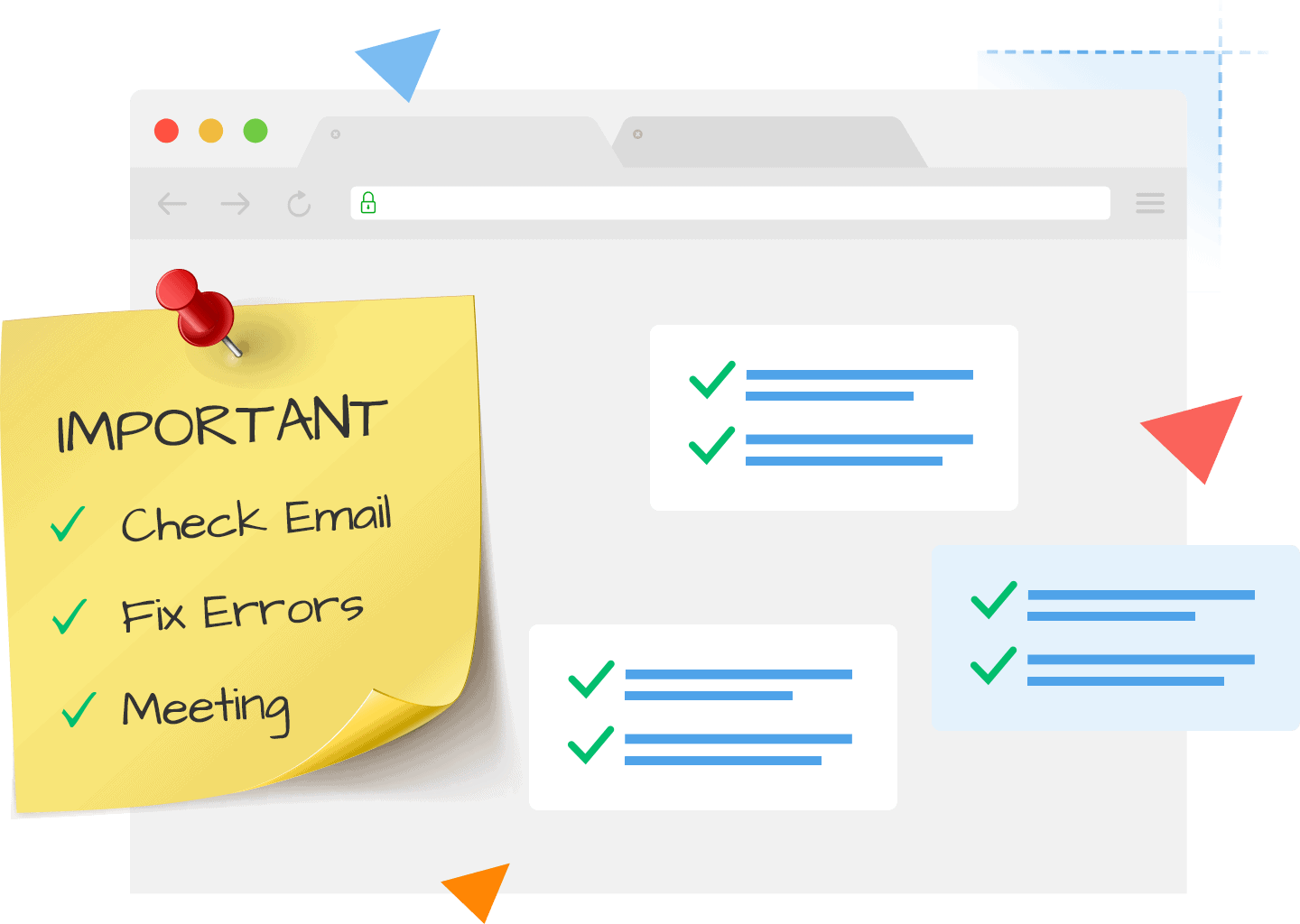
When deciding what tasks to delegate, ask yourself, Is this the best use of my time? Whenever possible, have someone else do the things that don’t require your particular skill set.
The Best Time Management Apps
Now that we’ve discussed important time management skills and tips, let’s look at some time management apps that will help you work more effectively.
Task Manager
You’ll need a task manager to help you stay on top of your various tasks and projects. Obviously, you can go the old fashioned route and make lists with pen and paper. However, if you want to use a digital task manager, you have a number of options:
Calendar
Obviously, if you want to effectively manage your time, you’ll need some sort of calendar. If you prefer an analog calendar, the Full Focus Planner and Best Self journal function as both task managers and calendars. They also help you determine your high level goals and then figure out what you need to do to achieve those goals.
If you want a digital calendar, these are some solid options:
If you schedule meetings on a somewhat regular basis, you may want to consider using Calendly as well. You specify the times you’re available to meet and then a person can choose one of those times through Calendly. It’s much more efficient than sending emails back and forth.
Time Tracker
Tracking how you spend your time can help you see where there is room for improvement. For example, you might not realize that you spend an hour per day in your email inbox. As the old saying goes, you can’t manage what you don’t measure. Time tracking helps you better manage your time.
RescueTime serves as both a time tracker and distraction blocker. Toggl lets you automatically track how much you spend in specific apps and can give you insights into how to work more effectively. Timely uses AI to automatically draft timesheets for you based on the apps you are using and how much time you spend in those apps.Use Your Time Wisely
The ultimate goal with time management is not to get more stuff done, although that certainly happens. The goal is to live a meaningful life. When you manage your time effectively, you make a much bigger impact. You spend your time working on things that actually matter and don’t fritter away your hours on pointless activities.
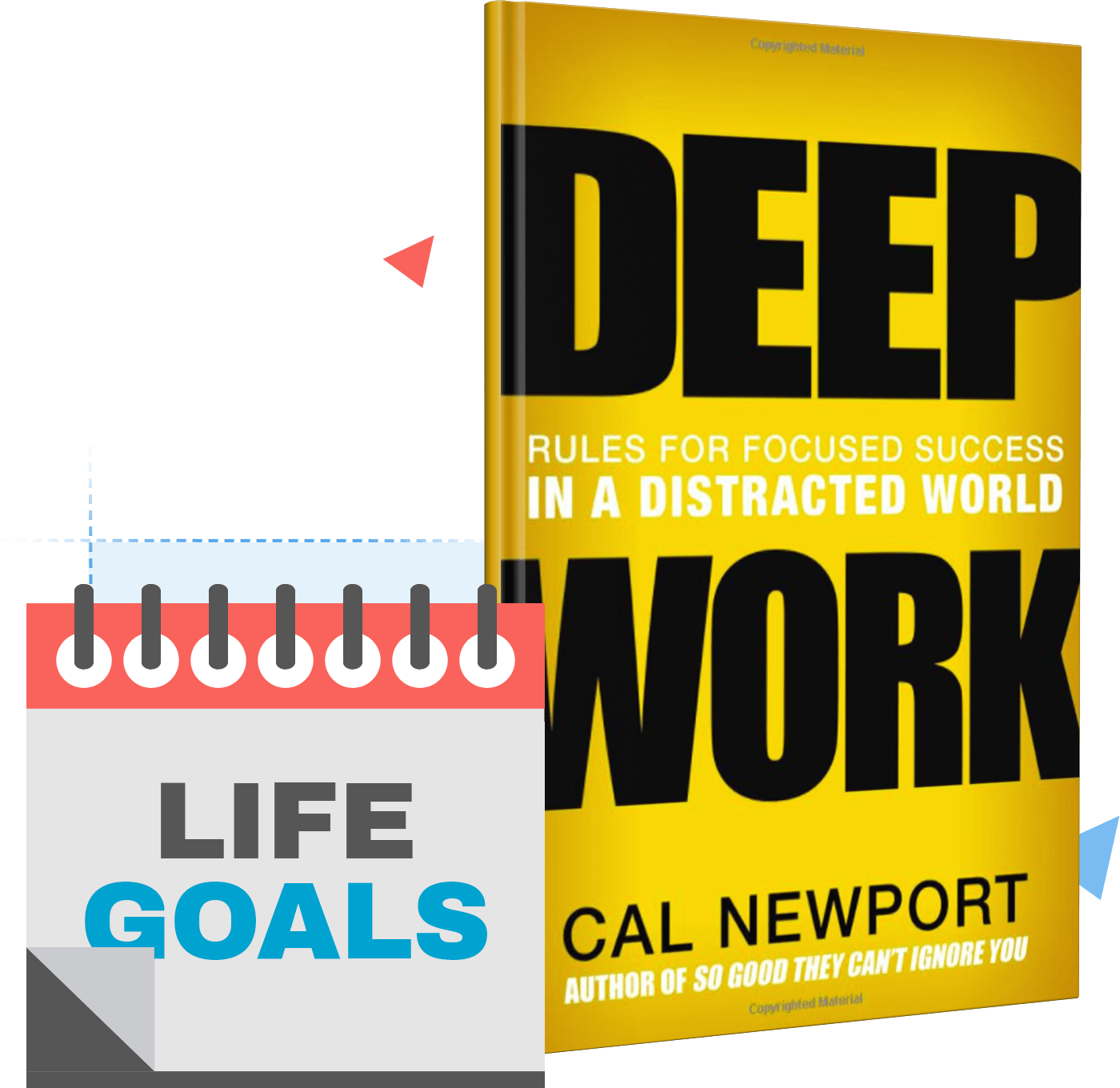
In his book Deep Work, Cal Newport says, “What we choose to focus on and what we choose to ignore—plays in defining the quality of our life.”
Time management skills help you focus on the most important things, and when you do that consistently, the quality of your life improves.
Is it easy to organize your schedule so that you operate at peak efficiency? No. Goal setting and prioritization and scheduling take effort. Organizing your work space and staying focused are hard work. Learning to say, “No,” and delegating tasks to others can be uncomfortable at first.
But it’s worth the effort. Time management is the ultimate productivity skill. It allows you to get more done in less time and to have the greatest impact on the world.
So put in the work. You won’t regret it.
Further Resources
For more tips and strategies check out the posts below.
We also have the top productivity podcast, The Productivity Show, where we go deeper. Below you will find some the best episodes on this topic.
February 3, 2021



